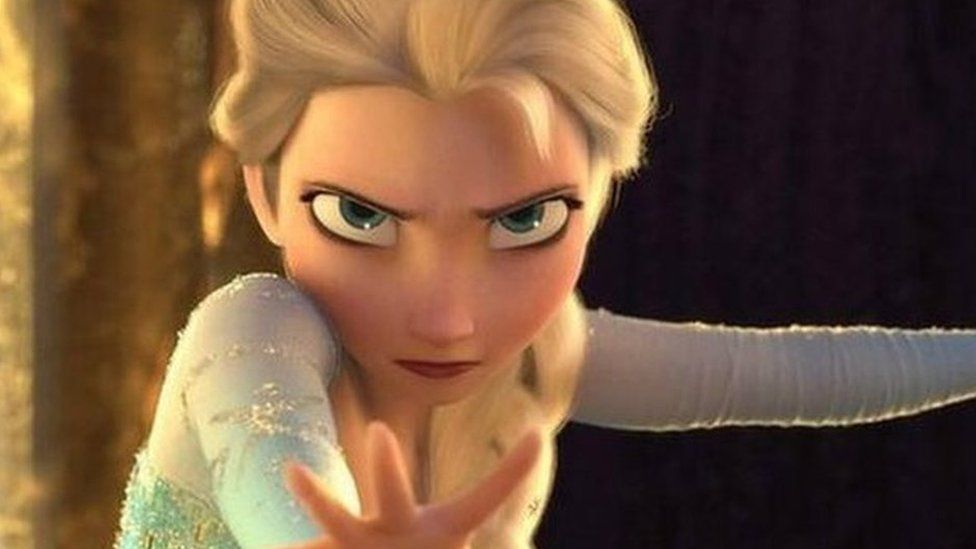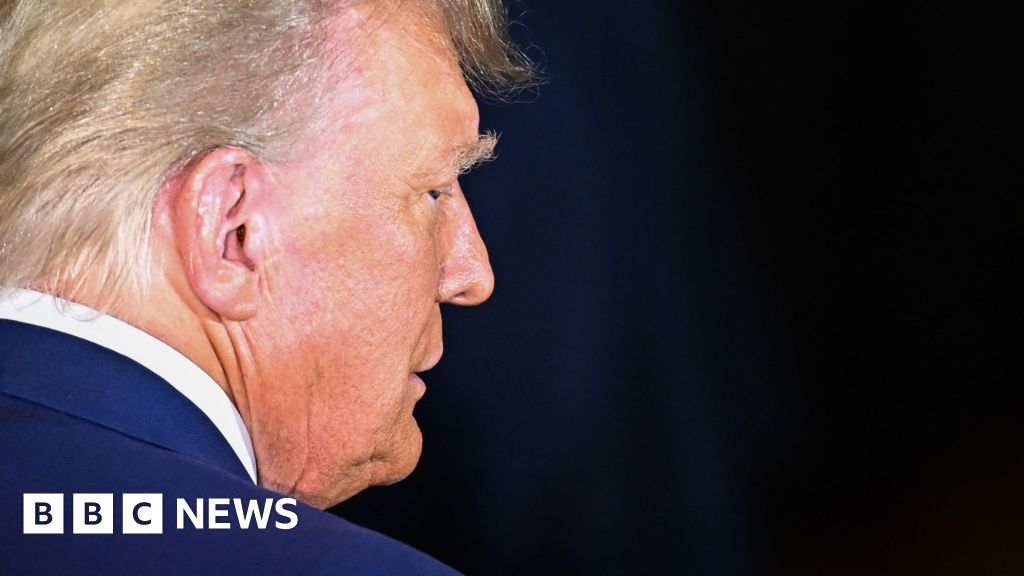ARTICLE AD BOX
 Image source, Disney
Image source, Disney
Do Disney reboots still work their magic?
By Natalie Sherman
Business reporter, New York
Accountant Kit Parfitt has no illusions about the variable quality of some of Disney's recent Marvel Studios' releases.
The She-Hulk and Moon Knight mini-series were weak, he says. The Thor: Love and Thunder film even worse. "Not re-watchable."
But the 27-year-old, a self-described "massive" Disney fan who lives near Brighton, says those disappointments won't keep him from cinemas this month, when the franchise's latest - Ant-Man and the Wasp - debuts.
"When it comes to Marvel, Star Wars, I'll watch anything," he says.
That's the kind of commitment that Disney is banking on as it tries to forge a profitable path in a world of falling cinema sales, pay TV cancellations and money-losing online streaming.
Boss Bob Iger, who was reinstalled in November after the abrupt ousting of chief executive Bob Chapek, told investors this month that the company would be doubling down on its big brands like Marvel and Frozen, time-tested profit-makers, while slashing spending on more risky "general entertainment" fare.
There's a new Little Mermaid, another Indiana Jones and a third Guardians of the Galaxy on deck this year.
Toy Story 5, Frozen III and a second Zootopia, known as Zootropolis in the UK, will come after that.
The moves are a gamble that the strategy that Mr Iger oversaw during his first run as chief executive from 2005 through 2020, when he acquired Marvel, Pixar and Lucasfilm and the firm's share price increased more than sixfold, will continue to work its magic.
He even said the company would step back from its streaming push a bit, looking more to cinemas and traditional television to distribute material than it has in recent years, when it sent content to its Disney+ streaming service in a push to win subscribers.
Will the traditional playbook be enough?
Image source, Disney/Pixar
Image caption,Toy Story 4 reunited much of the original cast of the first movie, along with some new additions such as Forky
Jessica Reif Ehrlich, an analyst at Bank of America, says the resonance of Disney's brands give it a leg up on its competitors, but investors have yet to be convinced.
Disney's share price has nearly halved since March 2021, and did not move much after Mr Iger outlined his plans.
"Everyone knows there are a tonne of challenges," she says. "There's a lot of heavy lifting ahead."
Fan fatigue?
Cinema ticket sales remain roughly a third lower than they were in 2019, before the pandemic closed theatres around the world.
And the rise of streaming has fractured audiences, making it difficult to generate the kind of buzz that propels people to pay for entertainment.
Oxfordshire mum-of-two Jackie Allen says she opted against a Disney+ subscription for her two children, unconvinced the offering justified adding another expense. The company's upcoming slate does not excite her much either.
"It looks like they're rehashing something just to make money rather than whether it should be made," she says.
Even committed fans like Kit will confess to some fatigue.
Kit Parfitt and his wife Andrea were browsing Disney's store on a recent holiday in New York, hoping to use up a $40 voucher leftover from their honeymoon at Disneyworld last year
Speaking to me among the mix of tourists and locals browsing Disney's cavernous store in Manhattan's Times Square, he says Disney's recent action films such as Avatar can reliably lure him to the cinema.
But wife Andrea, who walked down the aisle to a song from Disney/Pixar 2009 film Up, worries the lengthy backstories that come from developing a franchise like Marvel can be off-putting to new audiences.
And both say they feel little urgency to see something like a Toy Story 5.
Not only are the couple more inclined to stay at home with the cost-of-living rising, but they are generally growing tired of the tale after four films and a spin-off.
"Milking something to number five is a bit much," Kit says.
The charge that Disney relies too heavily on recycling and reworking classics is nothing new.
After all, the firm is gearing up for the ninth version of Snow White and the Seven Dwarfs since the first one debuted in 1937.
But in recent years the strategy, which has fuelled decades of success, has become entangled in America's increasingly bitter culture wars, with some updates driving accusations from conservatives that the firm is becoming too "woke".
Image source, Disney
Image caption,Minnie Mouse got a controversial makeover from British designer Stella McCartney
Last year's release of Lightyear, a spin-off of Toy Story, for example, was clouded by controversy over a same-sex kiss, which the company restored after employees accused the firm of censoring gay affection.
Banned completely in some markets, the film's same-sex plotline also drew criticism from right-wing politicians such as US Senator Ted Cruz.
Despite the risks of alienating some fans, the profit-making potential of a franchise strategy has been proven, says Janet Wasko, professor of media studies at University of Oregon and the author of Disney Inc.
"It is in some ways risky, but building on already existing fans and consumers and expanding what possibilities they have to consume - if it's successful, it really can be incredibly profitable," she says. "I can't imagine they will stop."
Amanda and Brandon say they could watch any Disney movie over and over
Disney fan Amanda Welch, 29, a subscriber to the firm's streaming platform who has been to Disneyworld more than 10 times, says the company's strategy of going back to its big-hitting brands has done little to dim her love of Disney.
She and fiance Brandon Dumont, 31, have cancelled the service a few times to help manage their expenses. But they keep coming back. Sometimes they turn on Disney+ simply to soothe them to sleep.
"There's not really any Disney movie I'm sick of," Brandon says. "I could watch them over and over."

 1 year ago
26
1 year ago
26








 English (US)
English (US)